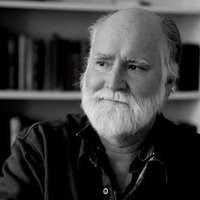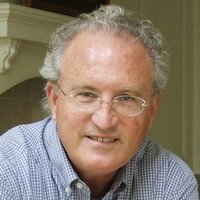Michael Barbaro is the host of The Daily.
“I don’t think The Daily should ever be my therapy session. That’s not what it’s meant to be, but I’m a human being. I arrive at work on a random Tuesday, and I do an interview with a guy like that, and it just punched me right in the stomach.”
Thanks to MailChimp, School of the Art Institute of Chicago, and Blinkist for sponsoring this week's episode.





